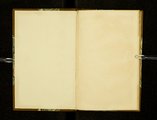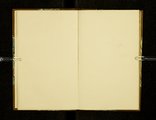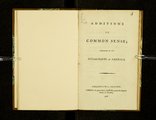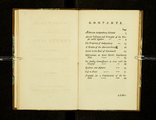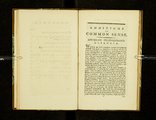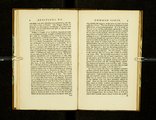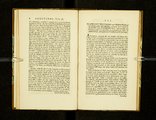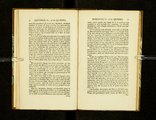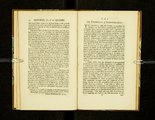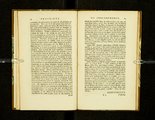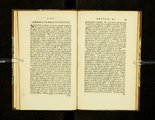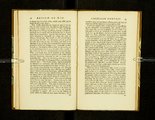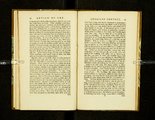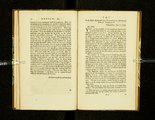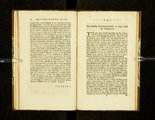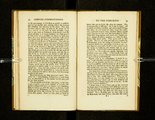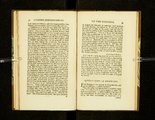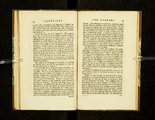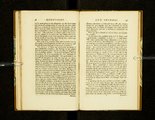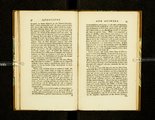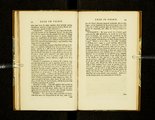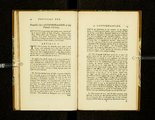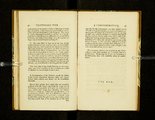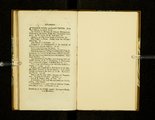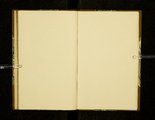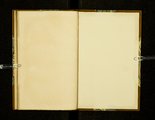| Title |
Additions to Common sense, addressed to the inhabitants of America. |
| Call Number |
E211 .P129; Record ID 997312080102001 |
| Date |
1776 |
| Description |
A reprint, with some omissions and considerable additions, of the "Large additions" collected by R. Bell of Philadelphia, the original publisher of "Common sense", and published after his quarrel with Paine, as a device to help the sale of his third edition against that printed about the same time by Paine's new publishers, W. and T. Bradford. Contents: I. The American patriot's prayer. II. American independancy [sic] defended, by Candidus. III. The propriety of independancy [sic], by Demophilus. [Two lines from Thompson] IV. A review of the American contest, with some strictures on the King's speech. Addressed to all parents in the thirteen united colonies, by a friend to posterity and mankind. V. Letter to Lord Dartmouth, by an English American. VI. Observations on Lord North's conciliatory plan, by Sincerus. : To which is added, an appendix to Common sense: together with an address to the people called Quakers, on their testimony concerning kings and government, and the present commotions in America. |
| Creator |
Paine, Thomas, 1737-1809; Almon, John, 1737-1805 |
| Subject |
United States--History--Revolution, 1775-1783; United States--Politics and government--1775-1783. |
| Type |
Text |
| Format |
application/pdf |
| Language |
eng |
| Spatial Coverage |
United States |
| Collection Name |
Rare Books Collection |
| Holding Institution |
Rare Books Division, Special Collections, J. Willard Marriott Library, University of Utah |
| Rights |
http://rightsstatements.org/page/NoC-US/1.0/ |
| Scanning Technician |
Ellen Moffatt |
| ARK |
ark:/87278/s6kw9jwf |
| Setname |
uum_rbc |
| ID |
1324104 |
| Reference URL |
https://collections.lib.utah.edu/ark:/87278/s6kw9jwf |


